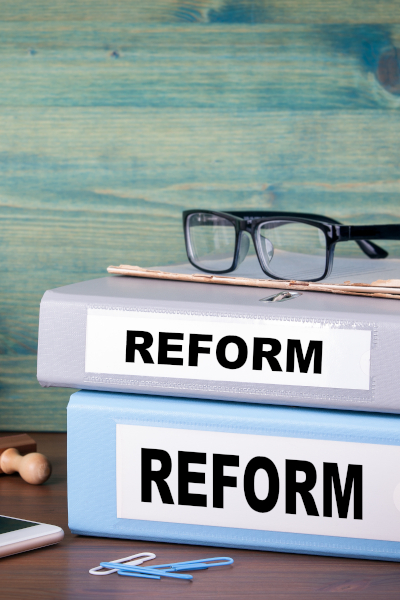The Tax Cuts and Jobs Act of 2017 (TCJA) made significant changes to the taxation of both individuals and businesses alike. While the new tax reform increased or added certain deductions and removed others, planning ahead can help shave some dollars off your tax bill. Today we’ll highlight three common but effective ways to lower your taxable income and increase your returns.



Tax Planning Tips Under the 2018 Tax Reform
Leverage Retirement Contributions
Even under Trump’s tax reform, individual retirement accounts still provide a great vehicle to lower your taxable income.
401(k) Plans lowers your taxable income by contributing to a pre-taxed retirement savings vehicle such as a 401(k). A 401(k) plan is usually sponsored by an employer, unless you are self-employed (discussed below).This retirement plan allows you to contribute up to $18,500 ($19,000 in 2019) in pre-tax dollars to a retirement account accumulating interest tax-free until withdrawn. This is an effective way to save money and lower your taxable income. If you are over 50, you can contribute an additional $6,000 in 2018 and 2019 to a 401(k) plan
Solo 401(k) Plans
One-participant plans are also referred to as Solo 401(k) plans. Solo 401(k) plans are similar to traditional 401(k) plans with regards to rules and requirements except these plans are available only to self-employed individuals with no employees. The IRS allows self-employed individuals to make contributions in both capacities as an owner and employee. Contribution limits to solo plans are capped at $55,000 for 2018, ($61,00 if age 50 and over), making this a much more attractive plan than traditional 401(k) for sole proprietors.
SEP IRA Contributions for Self Employed Tax Payers
This plan is excellent if you generate income through freelance work or are one of the many Americans now making extra income through the booming gig economy. SEP IRA plans are more flexible than 401K plans allowing you to make contributions through April 15th of the following tax year (or October 15th for late season filers). With SEP plans, contributions can be made throughout the year or one-time through a lump sum deposit. Maximum contribution limits are $55,000 for 2018 and $56,000 in 2019. All contributions within these limits are tax deductible.
Student Loan Interest
The student loan interest deduction is one of the few deductions that did not receive the axe under the Tax Cuts and Jobs Act. This “above the line” deduction is available even if you do not itemize. You can deduct up to $2,500 in student loan interest paid by you or your spouse if filing a joint tax return. Consider making an additional interest payment in 2018 to take advantage of this deduction.
Home Office Deduction
Although TCJA eliminated the home office deduction for remote workers by eliminating the unreimbursed employer expense deduction, this deduction is still available for self-employed individuals. If you regularly and exclusively use part of your home for business, you may deduct qualifying expenses for business use of your home. The IRS is clear and strict regarding the exclusivity requirement. The room, space or section of home used for business must be dedicated solely for business purposes.
The home-office deduction is available whether you own your home or rent it; but be careful of the depreciation recapture rules if you own your home and decide to sell it later. Another caveat is to keep meticulous records of expenses related to your entire home as well as related to the home office. Although utilizing the home office deduction does not automatically trigger an audit, you must be able to substantiate your deductions in the event of one.
For more information on the home office deduction go to www.irs.gov or contact us for a consultation.
More Savings Available with the Help of a Knowledgeable Professional
There are many ways to save on your tax bill when armed with the correct knowledge. Save time and money by consulting a tax expert that is up to date on the current tax laws. A seasoned tax professional will carefully review your individual circumstances to ensure you maximize your deductions to save on your overall tax bill.
Call the offices of Tanisha Mills, CPA at phone number: 949-614-0614 or visit our website: www.mbmginc.com for a consultation.